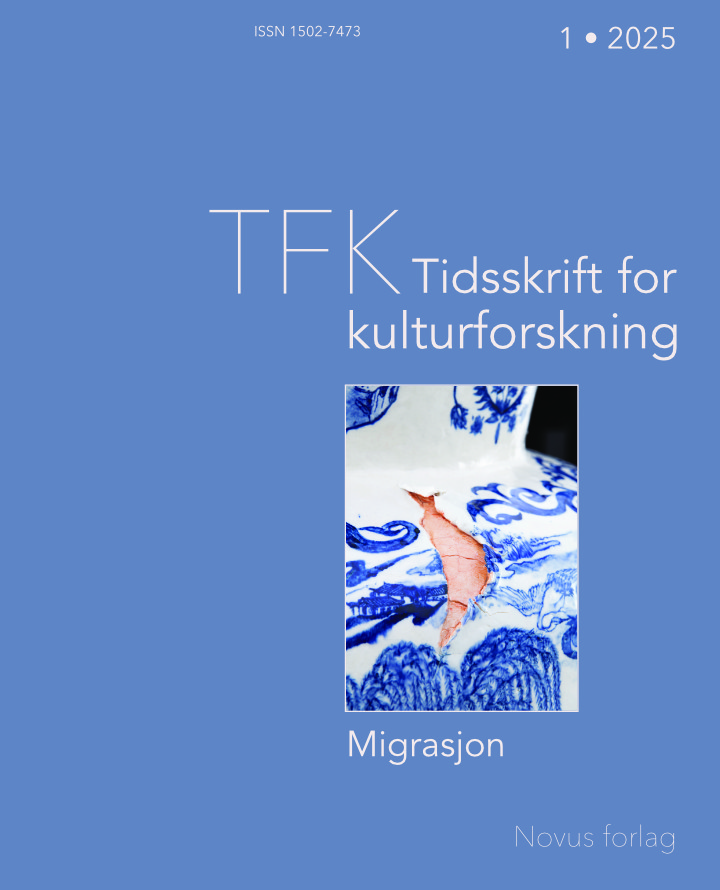Sammendrag
Migration from Finland to Sweden has a long-standing tradition, with a notable peak in labour migration during the latter half of the 20th century. Today this tendency is especially pronounced among young Swedish-speaking Finnish citizens, who frequently engage in temporary or permanent relocation to Sweden. The motivations for this mobility are numerous, but the opportunity to utilise one’s mother tongue in daily life frequently serves as a motivating factor. The present article employs the theoretical framework of ’passing’ to analyse interviews with young Swedish-speaking Finnish adults residing in Sweden. In this context, passing is defined as the act of concealing one’s identity within a crowd, thereby evading detection as a deviation from the group to which one aspires to belong. Despite the informants being Swedish speakers who identify with the Swedish-speaking culture, they encounter restrictions in their ability to self-identify as Swedish speakers in interactions with the majority population in Sweden. The informants are attributed an outsider status and an immigrant identity with which they do not identify. In order to pass, a range of strategies are employed, and informants describe how they adapt to, or resist, what they perceive as a distinctly Swedish manner of speech and conduct. However, the power imbalance that exists between the majority and the immigrants means that the majority Swedes have the prerogative of interpretation and can thus determine who is perceived as Swedish-speaking.
Dette verket er lisensiert under Creative Commons Attribution-ShareAlike 4.0 International License.
Opphavsrett 2025 Blanka Henriksson

